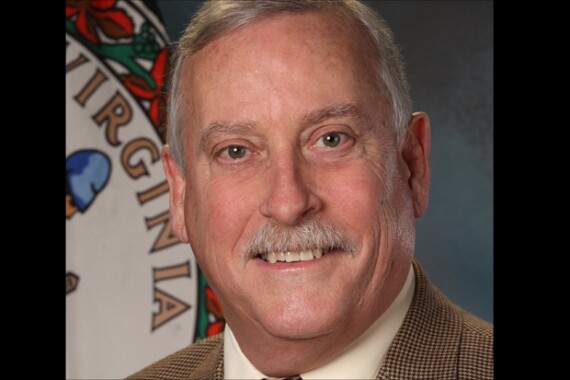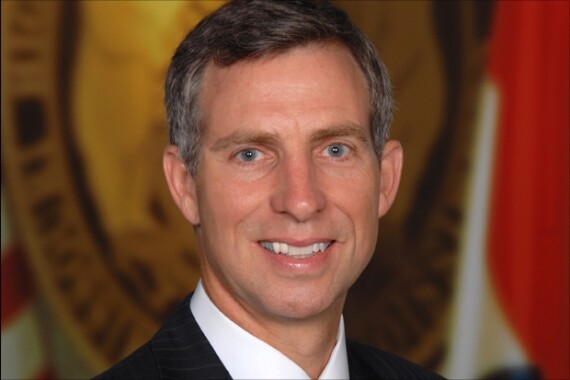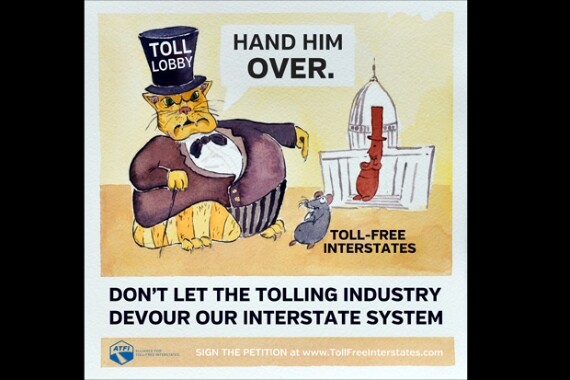















Photos from The Bond Buyer's 2025 Infrastructure conference.
The Dormitory Authority of the State of New York and New York City both saw billion-dollar-plus deals oversubscribed.
The new-issue calendar is at $15.637 billion and boasts four mega deals.
State and local pension funds are "surviving but not thriving," said Equable in its State of Pensions 2025 report.
By delaying the bill signing, Oregon Gov. Tina Kotek shortens time opponents have to gather signatures for a measure to overturn the transportation bill.
Maryland's Capital Debt Affordability Committee is recommending the state stick to its guns by endorsing a plan to borrow up to $1.75 billion for capital projects in the coming fiscal year, despite the job shedding inflicted by the Trump administration's plans to shrink the federal government.